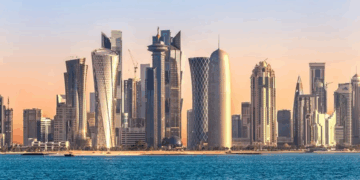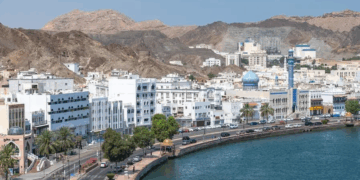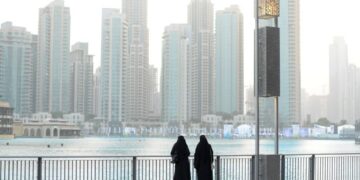The “Trade House pavilion” will be hosted by the leading trade organizations in the world, the United Nations Conference on Trade and Development (UNCTAD), the World Trade Organization (WTO), the International Chamber of Commerce (ICC), and the International Trade Centre (ITC), at the 28th UN Climate Change Conference (COP28) in Dubai. This will be the first UN climate conference to bring together trade and climate policymakers and experts.
The United Nations Climate Change Conference (COP28), in its 28th edition, is scheduled to take place in Expo City, Dubai, from November 30 to December 12.
Trade has been singled out as a distinct issue at the UN conference for the first time since trade-related emissions account for over 25% of global carbon dioxide emissions. Climate-related regulations, including those pertaining to industry, carbon pricing, and border adjustments, are having a significant impact on trade and investment, potentially having a negative impact on development.
“We want to demonstrate that trade is part of the solution to the climate crisis… We will bring to the table a menu of trade policy actions that could help countries reach net zero,” said Ngozi Okonjo-Iweala, director-general of WTO.
“Climate and trade policies need to work together. As the world is coping with the devastating effects of global warming, it’s time for trade to play its role in shaping climate action that fosters inclusive and sustainable development,” said Rebeca Grynspan, secretary general of UNCTAD.
Expert panel talks on a range of issues, including ensuring a just transition to energy from a development viewpoint, trade-related measures to accelerate the implementation of nationally defined contributions, and South-South trade in ecologically preferable goods and services, will take place at the pavilion.
The panelists will also talk about how the blue economy, sustainable finance, and plastic alternatives may all help with the transition.
The International Trade Center’s executive director, Pamela Coke-Hamilton, stated that a low-carbon transition needs to be equitable and inclusive, with small enterprises spearheading the shift—particularly those run by women, youth, indigenous peoples, and other marginalized groups.







































































